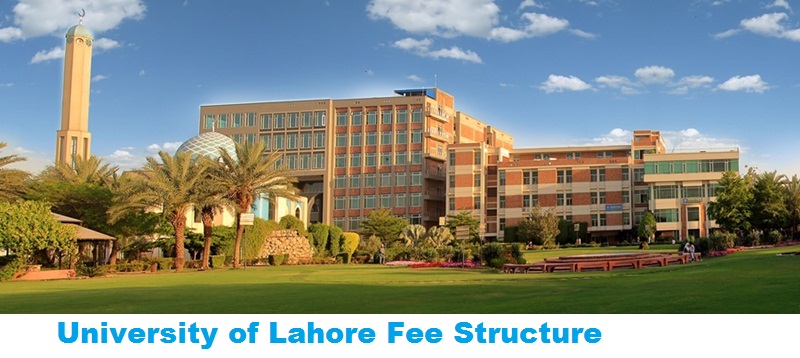PMS Political Science Syllabus Punjab Public Service Commission Lahore for the Subject of Political Science Paper-1 & Paper-2. Pol Science PPSC Written test PMS Complete Syllabus.
Paper I: Political Science (Syllabus)
Part A: Political Theory
This section covers the historical presentation of political thought by Western and Muslim philosophers.
1. Western Political Thought: Plato, Aristotle, Machiavelli, Hobbes, Locke, Rousseau, Marxism, Leninism, Maoism
2. Muslim Political Thought: Al-Farabi, Al-Mawardi, Al-Ghazali, Tusi, Ibn-e-Khaldoon, Allama Iqbal
Part B: State and Individual
Focuses on the State as an institution and its role in human welfare.
3. Perceptions of Welfare State: Western and Islamic perspectives
4. Fundamental Concepts: Sovereignty, Constitutionalism, Power Distribution, Law, Liberty, Equality, Rights, and Duties
5. Modes of Participation: Demands, Decisions, Public Opinion, Political Parties, Pressure Groups, Representation
6. Institutions and Leadership:
i) Legislative, Executive, Judiciary
ii) Competing Elites: Political, Military, Bureaucratic
7. Forms of Government: Monarchy, Democracy, Dictatorship, Unitary, Federation, Confederation, Parliamentary, Presidential, Authoritarian
Also Read: Most Important Pakistan Current Affairs Events 2023
Paper II: Comparative Politics (Syllabus)
This section examines contemporary states as dynamic entities with unique systems, structures, and functions. It also delves into a comparative study of developed and developing state systems, with a focus on Pakistan’s evolving political system.
Part A: Political Systems
8. Understanding Political Systems:
i) Easton’s Behaviorism
ii) Almond’s Functionalism
9. Developed Political Systems:
Main constitutional features of USA, UK, France, and former USSR
10. Developing Political Systems:
Main constitutional features of Turkey, India, and China
Part B: Pakistan
11. Pakistan as a Nation-State: The rise of Muslim Nationalism in South Asia under the leadership of Sir Syed Ahmad Khan, Allama Iqbal, and Quaid-e-Azam Mohammad Ali Jinnah
12. Political System of Pakistan: Comparative and critical analysis of the Constitutions of 1956, 1962, and 1973 (with amendments)



